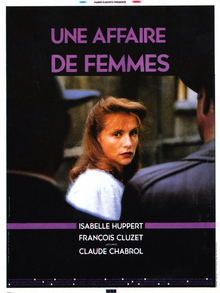A blog formerly known as Bookishness / By Charles Matthews
"Dazzled by so many and such marvelous inventions, the people of Macondo ... became indignant over the living images that the prosperous merchant Bruno Crespi projected in the theater with the lion-head ticket windows, for a character who had died and was buried in one film and for whose misfortune tears had been shed would reappear alive and transformed into an Arab in the next one. The audience, who had paid two cents apiece to share the difficulties of the actors, would not tolerate that outlandish fraud and they broke up the seats. The mayor, at the urging of Bruno Crespi, explained in a proclamation that the cinema was a machine of illusions that did not merit the emotional outbursts of the audience. With that discouraging explanation many ... decided not to return to the movies, considering that they already had too many troubles of their own to weep over the acted-out misfortunes of imaginary beings."--Gabriel García Márquez, One Hundred Years of Solitude
Search This Blog
Monday, December 28, 2015
Story of Women (Claude Chabrol, 1988)
"Women's business," according to the subtitle, is what Marie Latour (Isabelle Huppert) tells her husband (François Cluzet) is going on behind closed doors in their apartment. The business is abortion, which Marie provides for prostitutes and other women who are finding childbirth to be a burden during the German occupation of France. But "Women's Business" might also be an apt translation of the original title of Chabrol's film, Une Affaire de Femmes. Based on the true story of Marie-Louise Giraud, who went to the guillotine in 1943 for the abortions she had induced, Story of Women is a deeply feminist film, though never a preachy one. Huppert, as usual, gives an extraordinary performance, emphasizing not only her character's determination to do what she thinks is right for the women she knows, but also her profoundly fatal naïveté about the politics of the era in which she is living. "Women's business" is to survive the ignorance and brutality of men, by any means necessary, but it betrays Marie into some choices that a woman with more knowledge of the way the world works might avoid. She loses sight of the fact that she became an abortionist to survive the deprivation that threatens her life and that of her children, and becomes fixated on their greatly improved standard of living and the possibility that she might earn enough to fulfill her dream of becoming a professional singer. (A distant dream, as her performance of a song in an audition for a music teacher suggests.) In the end, she goes to a guillotine that is not the toweringly glamorous instrument of death we've grown accustomed to from films about the French Revolution, but a grim and shabby little affair cobbled together from plywood and sheet metal -- a fitting image for the shabbiness of the Vichy régime and its treatment of those it saw as a threat.
